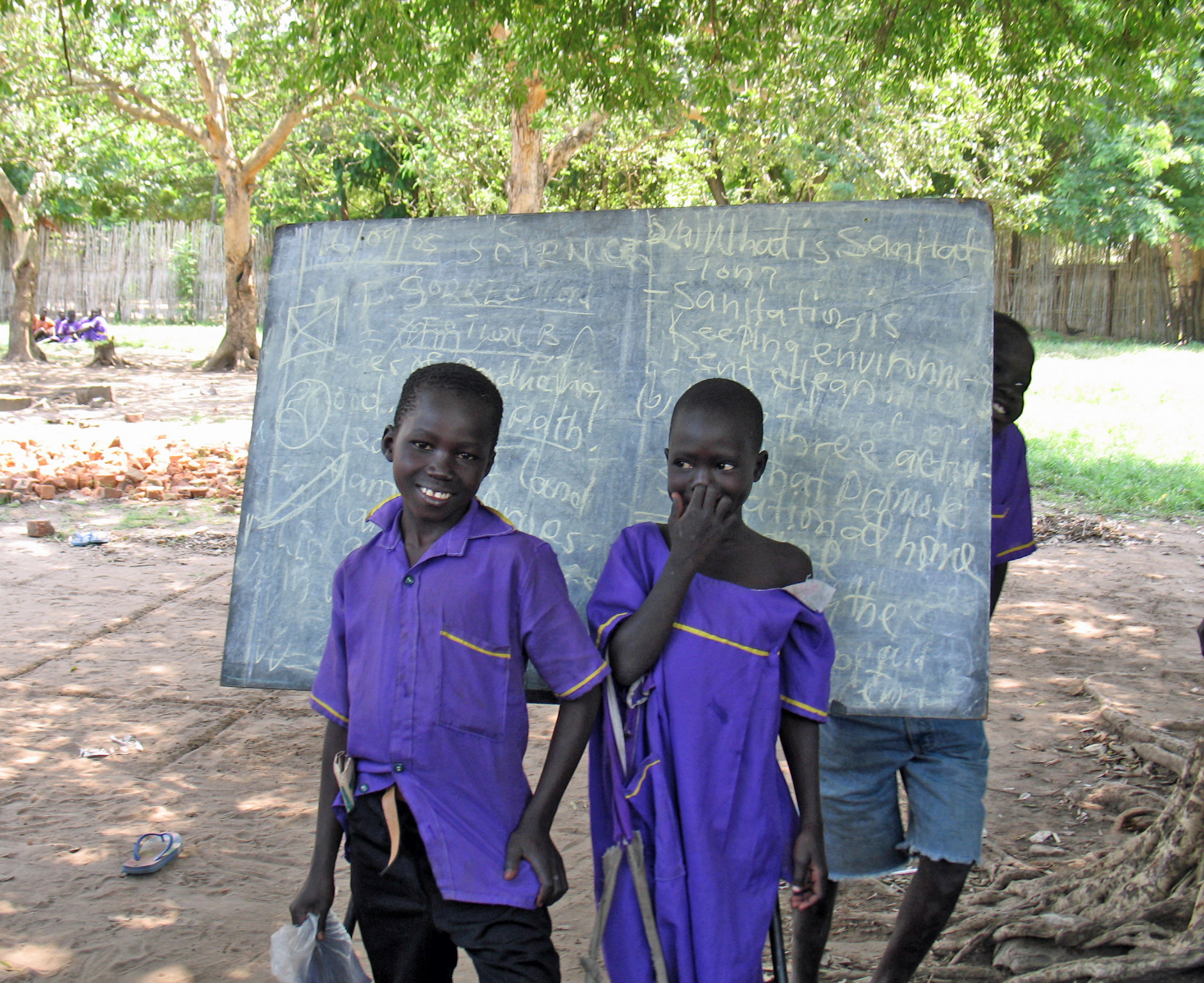Free education for all should be adequate to create an infrastructure of people prepared to do necessary jobs in the Republic of South Sudan rather than hiring foreign workers from neighboring countries such as Uganda, Kenya and Ethiopia
By: John Bith Aliap, Adelaide, South Australia
March 6, 2012 (SSNA) — Free education for all should create an infrastructure of people prepared to do the necessary jobs in the new Republic of South Sudan as the nation currently relies much on foreign workers. This is too dangerous for our ailing economy and it is also a greater threat to our national integrity and sovereignty. If somebody takes a closer look at what is presently happening in South Sudan, one would not fail to spot that South Sudan’s economy is being controlled by foreigners mainly from Uganda, Kenya, Ethiopia, Sudan and Congo. What a nation is the Republic of South Sudan!
Before anyone purchases a vehicle, the primary thing to consider is to have a valid license. Unlike untrained driver, a trained – licensed driver is competent enough to drive a car dexterously without causing a catastrophic road collusion that may result to unintended lose of lives. As an attempt to salvage the Republic of South Sudan before heading for a total crash against the wall, the necessary license that the people of South Sudan exceedingly need to drive the country to the expected destination is unhindered provision of free education to all citizens of South Sudan regardless of their tribal, political and religious affiliations and backgrounds.
In its broadest sense, education is simply one aspect of the tools that the people of South Sudan need to build the nation that is socially, economically and politically inviting. Education if made accessible to everybody will help shape the current generation’s beliefs, attitudes and moral values as people of common origin and destiny. The government of South Sudan should make an educational investment on the present generation as the future of the country rests on their shoulders. Indeed, due to the lack of free education in South Sudan, and the government is seemingly reluctant to develop a ‘free education policy’ any concerned South Sudanese citizens can be tempted to ask our government the following questions:
Can our government in Juba imagine a society without a good educational infrastructure?
Does our government in Juba envision the Republic of South Sudan as a society in which all the members should have a basic necessities of life such as education, sufficient resources and opportunities so that they achieve their dreams and aspirations? Can our government in Juba see a match between our resources including, oil, goal and a good fertile agricultural land etc on one hand and its citizens’ educational needs on the other hand? Is our government in Juba offended when it sees children growing up without education, because private education is currently too expensive in South Sudan and in the neighboring countries for the poor to afford?
The government of the Republic of South Sudan should double – up its efforts to make South Sudan nation, to be a nation that strives and ensures a high quality of education for all South Sudanese members. Free education can offer opportunities for social and personal change-meaning; it can reduce the entrenched tribal rivalry and other forms of immoral and regressive activities that had historically disadvantaged us for so long. However, an educated person may not view the world on the tribal angle as it is usually the case in South Sudan. In particular, education is often charged with many social, economic and political responsibilities in many societies across the world and South Sudan is not an exception in this instant.
Education has responsibilities not only for teaching literacy, numeracy and other important skills, but also for instilling sound and desirable civic and social values that may prepare the present generation of young South Sudanese to become productive future citizens that uphold human rights values and principles, respect the rule of law and purely committed toward their national welfare.
The message is extraordinarily clear! Kiir’s government should develop a ‘free education policy’ to enable South Sudanese citizens to reach their full potentials and build the Republic of South Sudan to be a striking example of tolerance nations in Africa and the entire world. The government of South Sudan has to be warned that should it fail to provide a free education to all its citizens whose illiteracy rate is alarmingly high compared to other countries, it should prepare and accept the reality that South Sudan without a free education policy devised sooner rather than later may continue to be the Wild Wild West of African.
The author of this work is a concerned South Sudanese citizen and can be corresponded at [email protected]

